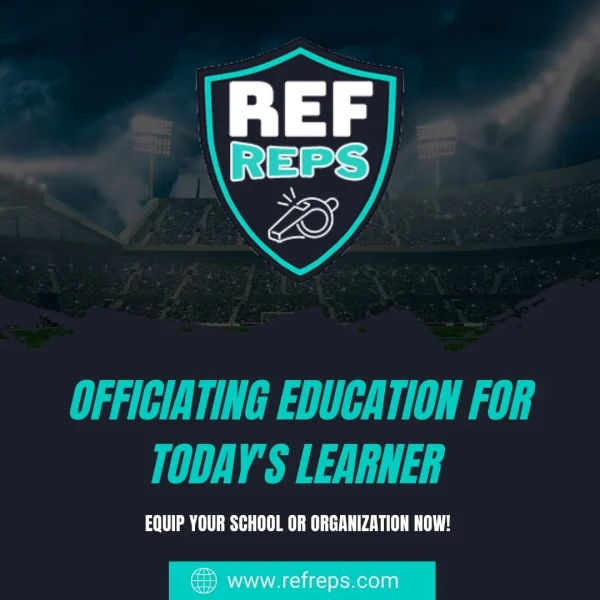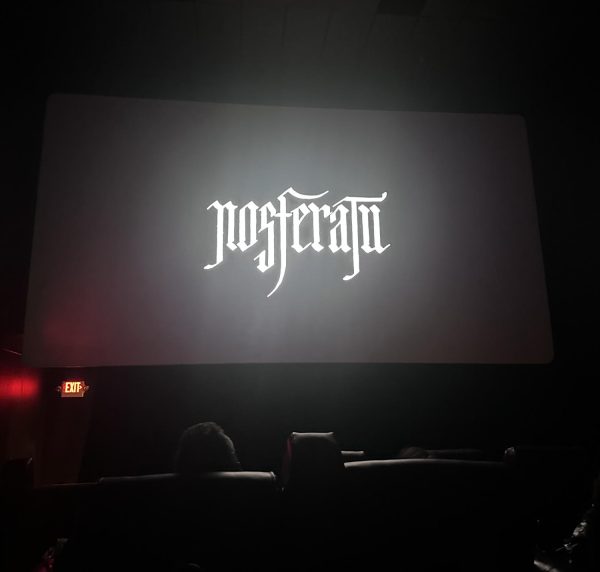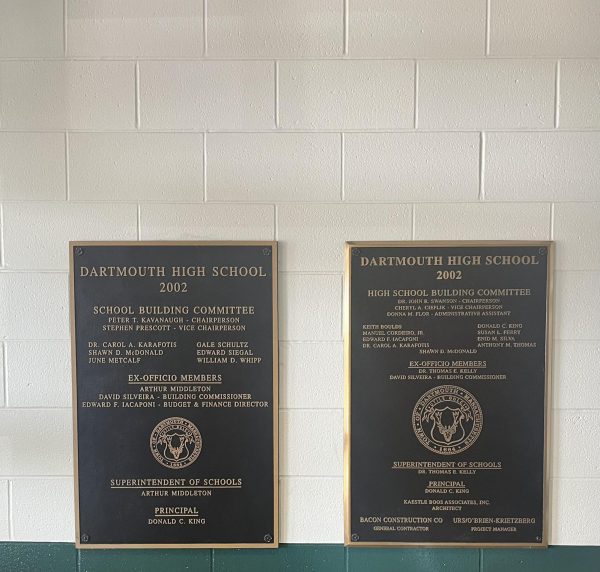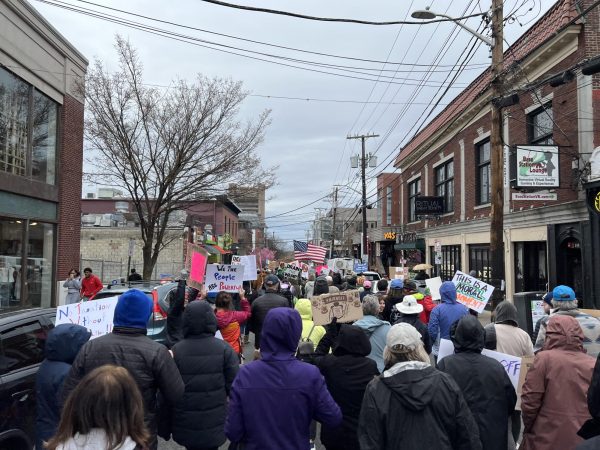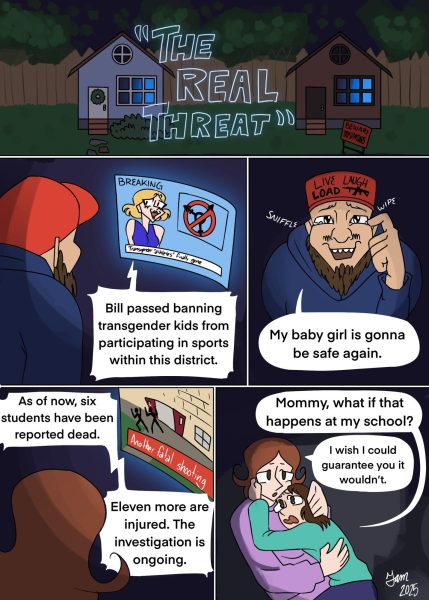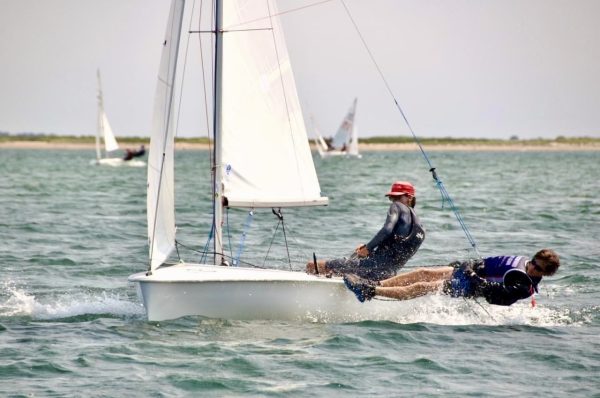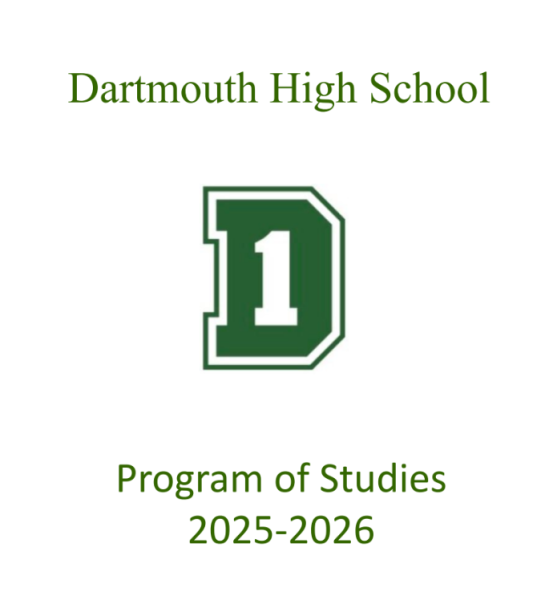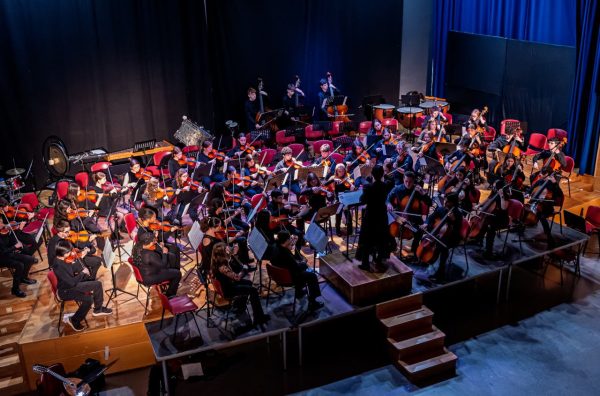Student Perspective: Part 1 – It’s time to let the mascot go, Dartmouth
This image was scanned from the 1964 DHS Yearbook. The rider’s identity is unknown.
Introduction
This past year, despite COVID, multiple active shooters across the country, Asian hate, and the death of 212 people by police issued guns, despite all that the human race has endured, the presence of respect and equality, the bare minimum, is still a fight yet to be won. The fundamentals of human lives are being thrown up in the air and denied based on the simple justification of tradition, misrepresentation, inconvenience, and exclusivity within our own community. This is portrayed in the denial of an open forum of Native American voices and in the beliefs of some of Dartmouth High School’s representatives.
History of Indian Representation in Dartmouth
While many residents know that the Indian has been the longtime mascot and symbol of Dartmouth, the knowledge of how it came to be is less common.
Starting in 1964, even before the creation of a mascot for Dartmouth High School, the Thanksgiving Day game marked the beginning of the visual misrepresentation and discrimination against Native Americans. This involved the act of a white student wearing a costume to represent Native American culture while riding a horse across the football field, depicted in the 1964 Dartmouth yearbook.
Let’s consider how the actions of white students at Dartmouth High School and what our school represents could affect the Native American population. Land that belonged to Native Americans until the bloodshed that followed colonial arrival . Years of tradition and community annihilated by the white man. Now, in 1964, their ethnicity is cornered into reservations with poor funding, poverty, and little to no economic opportunity. In Massachusetts, the home of the Wampanoag tribe, a white student at a high school that portrays the white demographic attempts to celebrate your culture by “dressing up” in a costume that’s been used to mock your culture for more than 500 years. Does this seem respectful? Does it seem celebratory? No. It doesn’t.
After this introduction of discriminatory behavior, it became a tradition that was increasingly considered normal due to the lack of backlash. Without resistance the presence of discriminatory logos, images, mascots, names, and cartoons made its way into American culture and society. At our own Dartmouth High School our logo has developed from a crude caricature to a logo that has been mistaken as being accepted.


Take the plentiful landmarks in Massachusetts, and more locally, Dartmouth, that are defined by offensive Native American stereotypes. A recent example would be the Russel Garrison sign, a historical site debated for its performative position of sympathizing with the colonists who took Native American land and conveying Native Americans as savages during the King Philip’s War in 1675.
History of Opposition
On October 28, the Dartmouth School Committee met together in the Dartmouth High School library and four members of the surrounding community shared their perspective on the Dartmouth Indian Mascot. Chris Pereira, chair of the Dartmouth Veterans Advisory Board and member of the Dartmouth Education System advocated for the current mascot while Lasella Hall, president of the NAACP New Bedford branch, and a representative of the Wampanoag council all favored the creation of an open forum, for all voices to be heard to come to a collective decision.
The opinions and points of view demonstrated in the October 28 meeting might be the most visual and public, but were not the first attempts of resistance towards the mascot.
Furthermore, legal action has been taken in Massachusetts, exemplified in the Massachusetts Association of School Committees (MASC) agreeing upon a resolution in 2020, dismissing all racism and prejudice in the school environment; “all the school districts in the Commonwealth must guarantee that racist practices are eradicated, and diversity, equity and inclusion is embedded and practiced for our students, families, faculty and staff.” Additionally, the Pocasset Wampanoag tribe and the Mashpee tribe have officially voiced their support of Bill H581/S295, a bill that would prevent the use of Native Americans as school and sport mascots and logos. Not only have Massachusetts tribal representatives taken action but many colleges have revised their mascots to show respect towards the Native American community. Dartmouth College, taking the extra step to prevent the misrepresentation of the Native American, disputed shirts using the old Dartmouth College logo that were still being produced to ensure that the discriminatory logo would no longer be widespread.
Despite the seemingly default action of ridding prejudice from schools exemplified in many cases across the country, the traditional and disregarding nature of some Dartmouth school representatives has resulted in the stubborn refusal to join in the movement for an open forum of Native American voices and educational programs and classes regarding cultural sensitivity despite Dartmouth High School’s encouragement and agreement to support all students, cultures, and heritage.
Dartmouth’s Opinion
The most current version of the Dartmouth logo has been discussed in multiple Dartmouth school committee meetings. Members have been in either strong support of an open forum or opposed.
Shannon Jenkins, the ongoing president of the new diversity task force has shown support for change in regards to the Dartmouth logo and in the suggestion of collaboration with all local Native Americans and Native American organizations. So far, the diversity task force has met twice and has discussed no further action on the status of the Dartmouth logo.
Adversely, School Committee Member John Nunes has voiced his advocacy in the favor of tradition and convention. Specifically in an October 28 meeting, Mr. Nunes considered the history of the representation of Native Americans in football has always been a part of sports and because of this, wasn’t an issue requiring urgency or immediate attention. Adversely, football teams have actually begun making their own changes, the former Washington Redskins changed their team name in 2018 to the Washington Football team temporarily and the Cleveland Indians are in the process of trying to find a new name. Mr. Nunes also argued that other problems, such as vaping and bullying, were more important and worthy of the Dartmouth School Committee’s prioritization than the controversy over the logo.
Some people have also opposed changing the Dartmouth logo due to the misinformed belief that the Native American community supports the current logo. Upon this proposition, the NAACP requested proof of this agreement. When Dartmouth was prompted with this query, they could not produce any evidence.


